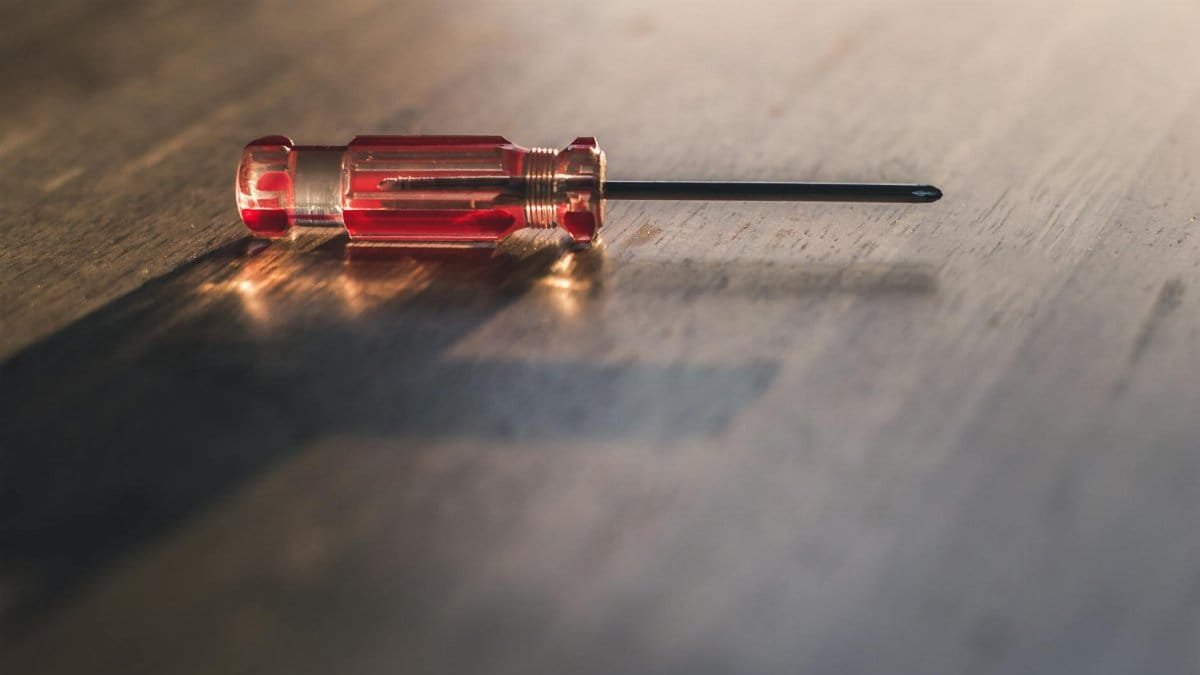Is multitasking relationships really the solution everyone claims? In 2025, many Americans juggle endless tasks while trying to connect with loved ones, but this split focus might be silently damaging intimacy. Studies show that constant distractions—like scrolling during conversations or working through date nights—are eroding emotional bonds. The pressure to do it all is real, but at what cost? Experts warn that without change, relationships could suffer long-term. Here’s why multitasking and love don’t always mix, and how to reclaim genuine connection.
The Rise of Split Attention

In today’s fast-paced world, multitasking has become second nature. Between work emails, social media, and household demands, it’s no surprise that relationships often get squeezed into the margins. A 2021 study by the Pew Research Center found that 51% of partnered adults admit to using their phones during quality time with their significant other. This split attention isn’t just a bad habit—it’s a growing norm. But while multitasking might feel productive, it often leaves partners feeling ignored or undervalued.
Emotional Disconnect in Action

When one partner is physically present but mentally elsewhere, the emotional toll adds up. Imagine a dinner where one person is half-listening while checking notifications. That lack of presence sends a subtle message: you’re not the priority. Over time, these micro-moments of neglect can breed resentment or loneliness. Therapists report a spike in couples citing “lack of attention” as a core issue, directly tied to multitasking behaviors that fracture connection.
The Science Behind the Damage

Research backs up the harm. A study from the University of Sussex found that even the mere presence of a phone during conversations reduces feelings of closeness and trust. The brain struggles to fully engage when attention is divided, limiting empathy and understanding. You can read more about this in the original findings summarized by University of Sussex News. Constant multitasking in relationships doesn’t just annoy—it rewires how we bond.
Quality Over Quantity

Time spent together means little if it’s not focused. Experts argue that even 20 minutes of undivided attention can outweigh hours of distracted interaction. Couples who prioritize eye contact, active listening, and device-free moments report higher satisfaction. It’s not about having more time; it’s about making the time you have count. Small shifts, like silencing notifications during meals, can signal to your partner that they matter most.
The Workplace Spillover

Work-from-home culture in 2025 has blurred boundaries further. Many bring laptops to bed or answer calls during family time, merging professional and personal spheres. A report by the American Psychological Association highlights that 62% of workers feel unable to “unplug” after hours, often at the expense of relationships. Find more on this trend at APA Stress and Work Resources. This spillover makes true disconnection—and real intimacy—harder to achieve.
Practical Fixes for Tonight

Reversing the damage of multitasking relationships starts with intentional habits. Set clear boundaries, like no devices after 8 p.m. Create tech-free zones in the bedroom or at the dinner table. Schedule short, focused check-ins with your partner to rebuild trust. If work demands intrude, communicate openly about when you’ll be fully present. These small steps don’t require a lifestyle overhaul—just a commitment to prioritizing connection over convenience.
Recognizing the Warning Signs

How do you know if multitasking is already hurting your bond? Look for red flags: frequent arguments about attention, feeling unheard, or a sense of growing distance. If your partner seems more engaged with their screen than with you, it’s time for a candid talk. Acknowledging the issue is the first step. Ignoring it risks deeper cracks that are harder to mend down the line.
Reclaiming Real Connection

Multitasking relationships might seem like a modern necessity, but they come with a hidden price. The data and stories are clear—divided attention chips away at intimacy. By recognizing the problem and making deliberate choices, couples can rebuild stronger, more meaningful ties. Start small, stay consistent, and put each other first. In a world of endless distractions, genuine presence might just be the ultimate act of love.
